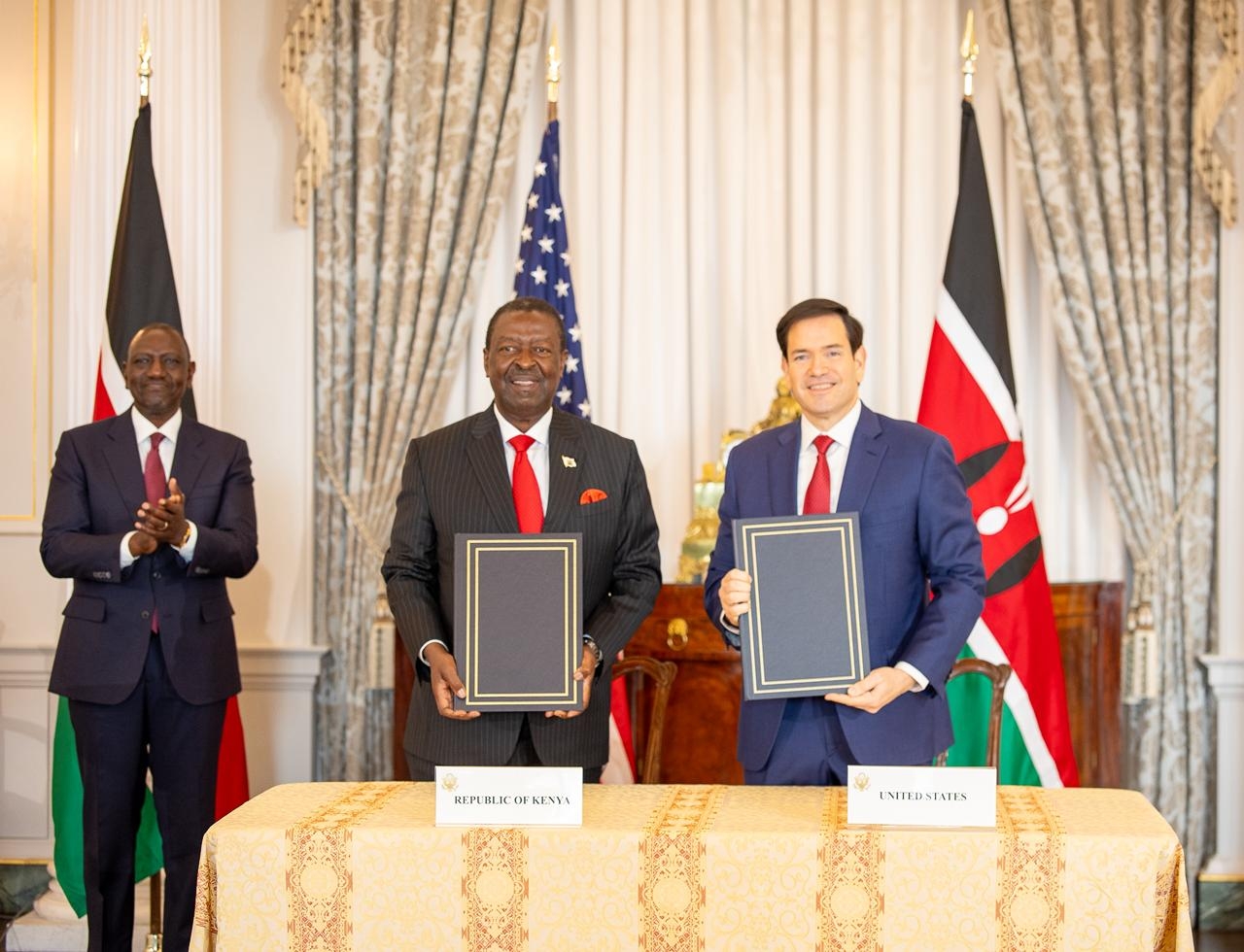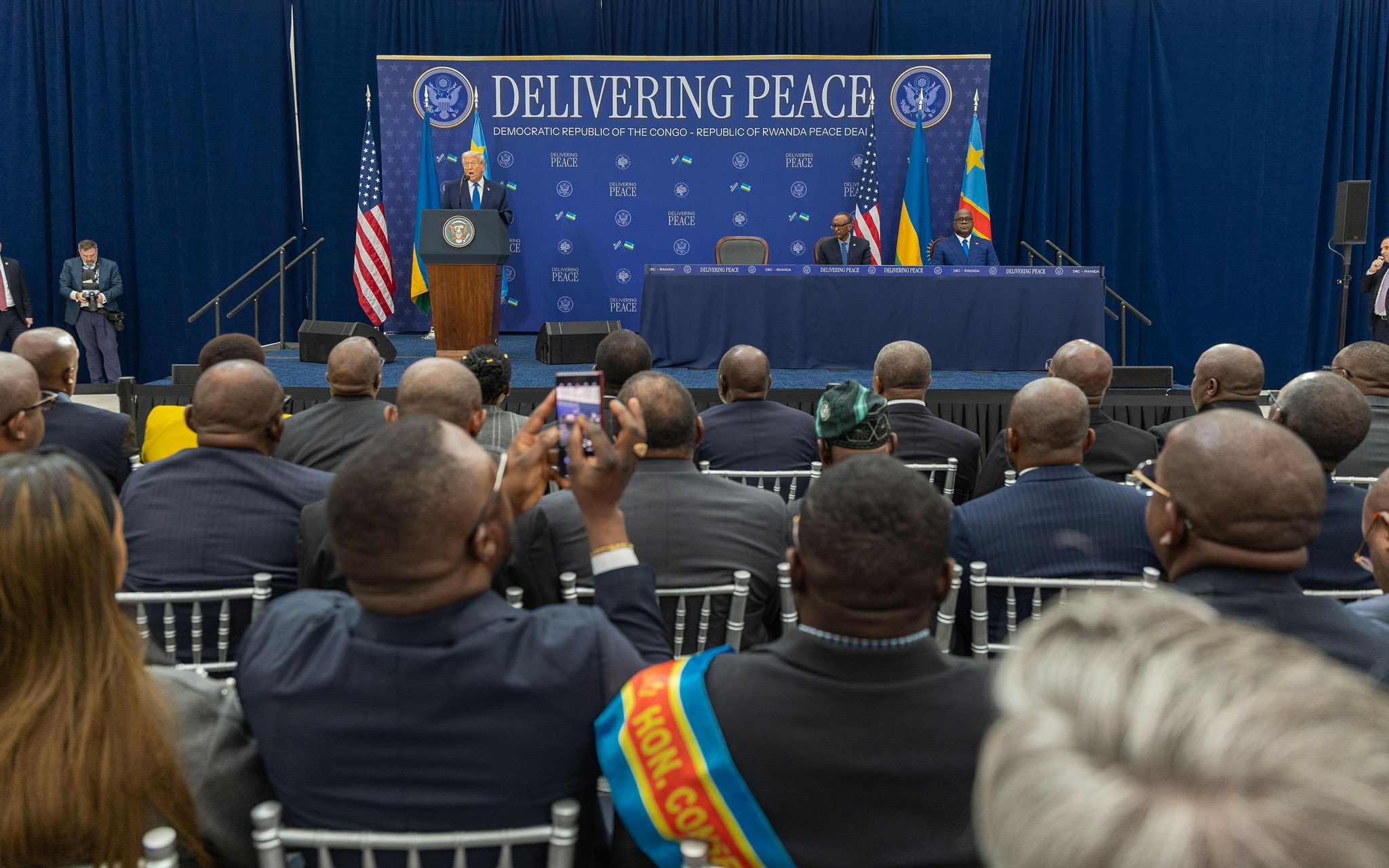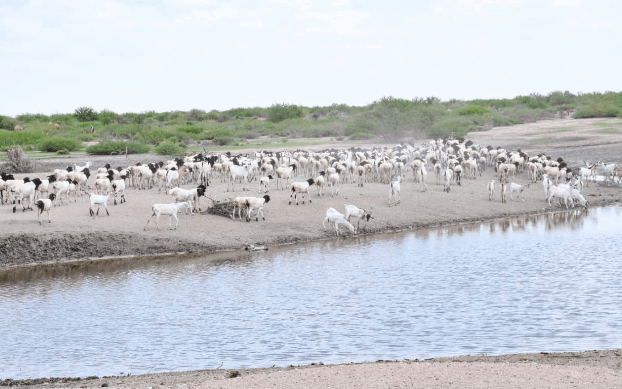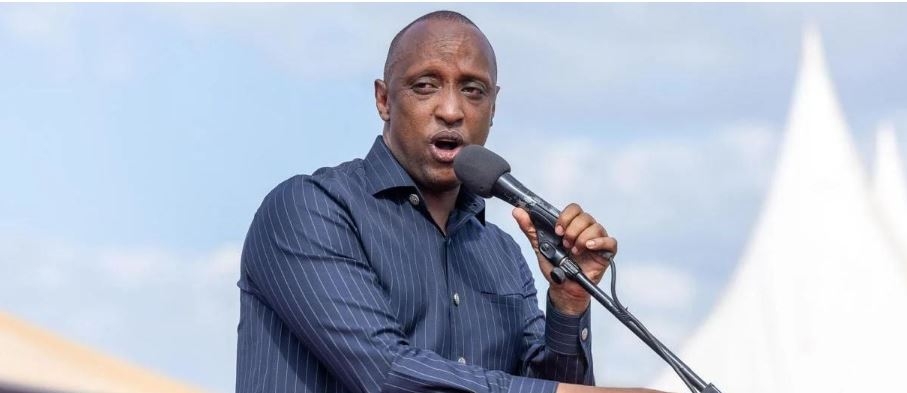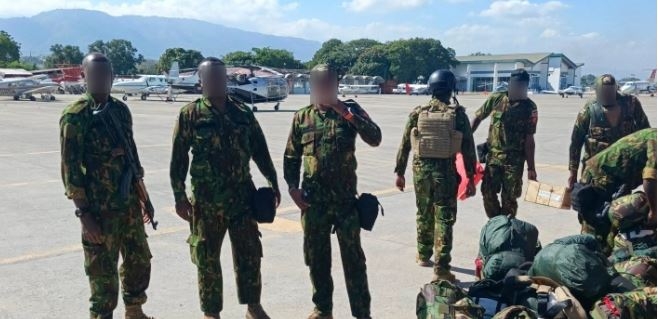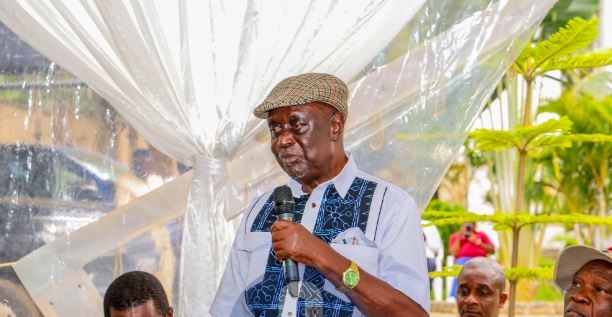I suspect that solutions to Shakahola and other “religious” excesses do not lie in changing the law.
This Bill is the first formal attempt to do that. It emerges from the Senate’s report on that terrible affair.
Reading earlier newspaper reports, including about the Musyimi report, which I had not then seen, I imagined writing an article expressing concern about a system dominated by people from certain religious groups that would censor what other religious groups believe, spelling the end of reasonably harmonious relations between different religions or sects.
I imagined asking, “If Christ lived today, would he be the victim of a state that wanted to get rid of what I considered a disruptive element, and was prepared to go along with intolerant religious orthodoxy, as he was two thousand years ago?”
Already religious institutions such as mosques, temples and churches should be registered under the Societies Act.
I have wondered why Kenyans seem so readily to accept that organisations must be registered, under a colonial law intended to ensure the rulers could keep track of and, if necessary control, what the natives were organising.
Briefly analysing the Bill
The Mungatana Bill states that its objects are to register religious organisations (let’s call them ROs). But what is the purpose of registration?
The “Explanatory Memorandum” that all Bills must have says that “Kenya has for a long time had little regulation around religious organisations, resulting in the emergence of extremist and predatory religious organisations….
There is therefore a need to enact a single all-inclusive legislation, a strong enforcement agency vested with sufficient resources to monitor the registration of religious organisations, their activities and their returns.”
I suggest this is what might be called a “non sequitur”, the second statement does not follow from the first.
Was it lack of registration that led to the Shakahola catastrophe or the inability or unwillingness of authorities who had been warned that something dreadful was going on to take necessary action, with powers they already have? Neither the Musyimi nor the Senate report really gets to grips with this.
The Bill’s Explanatory Memorandum denies any rights would be affected, but clearly the constitutional rights to freedoms of association, expression and religion would be restricted.
Acts of Parliament must make it clear that any limit on rights was intended, and those supporting it must be able to convince a court that those limits are no more than strictly necessary, all under Article 24. At present, a court would hold this Bill, if passed, to be unconstitutional on this basis.
The Bill proposes a Registrar of Religious Organisations. A person experienced in administration would be appointed by the Attorney General’s Advisory Board.
This comprises the AG, two Principal Secretaries, the Chair of the Public Service Commission, Chairperson of the Council of the Institute of Resource Management, and President of the Law Society.
At least not some conservative religious body!
It is not clear whether systems like the Catholic Church, the Anglican Church, and CITAM would register for all their churches.
Clearly individual mosques, Hindu temples, Sikh Gurdwaras and all those mushroom churches must do so individually. But the Bill also wants “umbrella religious organisations”to register.
These would be required do things like “develop a theological training curricula and a code of conduct for religious leaders”.
So maybe they mean, for example, that the ACK is the umbrella and the individual Anglican churches are the ROs and must also register.
No RO can be registered without approval of an umbrella body.
This is a serious limit on freedoms, and could make it very hard for a new, unorthodox RO, however worthy, to register, yet to operate without registration is an offence with heavy penalties. Do you think Christ could have registered?
Clause 13 requires documents including “a statement of doctrine of the religion”. What does it expect? A Bible (for every Christian church), a Qu’ran from every mosque, the Baghavad Gita, the Guru Granth Sahib, the Kitáb-i-Aqdas—Bahá’u’lláh’s Most Holy Book, and the Book of Mormon? What use will these be? What church would tell them “Our doctrine involves starving to death to meet Jesus”?
Among the less realistic ideas is that every RO must have at least one religious leader with a formal qualification in theology, and staff including at least one financial professional and one legal professional. Have great prophets had degrees in theology?
On enforcement “at least once every year [the Registrar’s office must] inspect the premises and records of registered religious organisations to ensure compliance with this Act.”
What will they learn? Not what the ROs teach! And not many ROs will have mass graves around their premises. Will they just be auditors of account – already possible under the Societies Act?
Counties
The Bill brings in the counties, which must cooperate with the Registrar, and whose County Executive member for culture, etc. must inspect ROs, supervise elections of RO managements, enforce good governance in RO management, mediate in disputes, collaborate with ROs on social and community initiatives, and, with the CEC environment, ensure that religious organisations adhere to legal noise levels.
These obligations are a mixture of the vague and the onerous - even impossible. Anyway, I suspect a court would hold that only noise control is in the power of the counties.
Counties have no power to regulate religion. To give such power to the counties would at least require agreement under Article 187 – and ensuring necessary finance.
Duties and benefits
Clause 24 of the Bill lists various things ROs must do including denouncing religious teachings that violate or subvert human rights and promoting religious, ethnic, political and cultural tolerance.
Clause 34 lists things people (not just ROs, but all of us) must not do, including converting anyone by misrepresentation, force, undue influence or coercion. Another is “indoctrinate any person with a religious doctrine.”
I am afraid I laughed at this. Preachers and ROs do this all the time. They teach that certain things are true – and that other different ideas are wrong.
You could argue that it means to teach unquestioning acceptance. But isn’t that what most ROs do?
Then there is tax. ROs would only be exempt from tax if they show that the income is for “purposes beneficial to the society”.
The KRA produced new rules on charitable exemptions in July this year. It says exemptions from tax apply only if the governing document of the organisation limits its objectives to one or more of “the relief of the poverty, the relief of distress of the public, the advancement of religion or the advancement of education”.
This is based on an English Act of 1601, summarised by a case in 1805, and endorsed by Kenyan courts. So the advancement of religion is already accepted by Kenyan law as charitable, as are relief of poverty and education - often part of RO activities.
Presumably these are “beneficial to the society” if this means Kenyan society. Otherwise, who is to decide what this means?
Conclusion
I fear this Bill is full of vagueness, and lack of understanding of the Constitution and law. It does not belong in the Senate and would be unconstitutional in various respects.
It would set up yet another body and require new staff – that we cannot afford. We have a terribly poor record of monitoring and enforcing regulatory laws.
We already have laws about what people must not do, including displays of ethnic and religious intolerance.
Let’s think about why they don’t work, not just add to them. We do not need more laws limiting people’s rights.
Nor that bring yet more aspects of society under government control.


